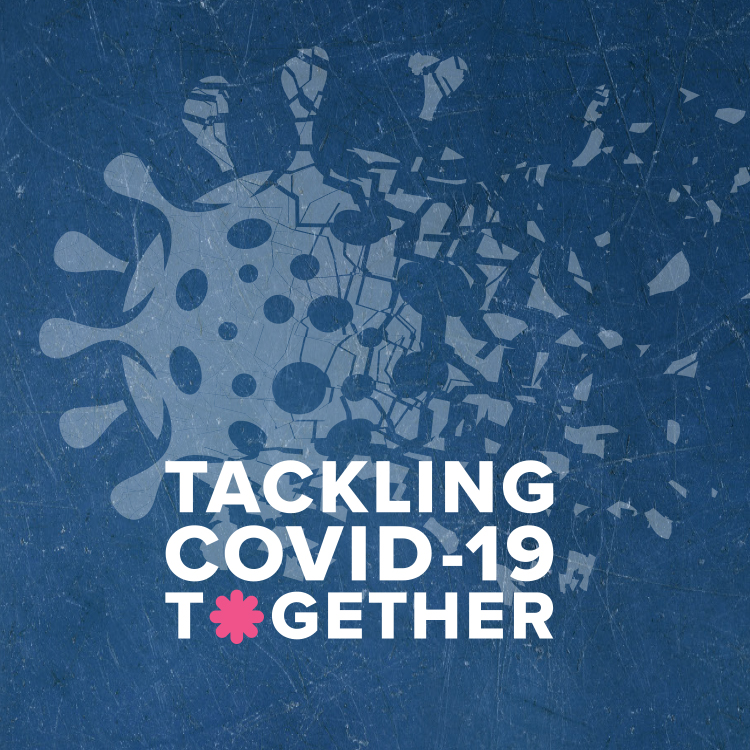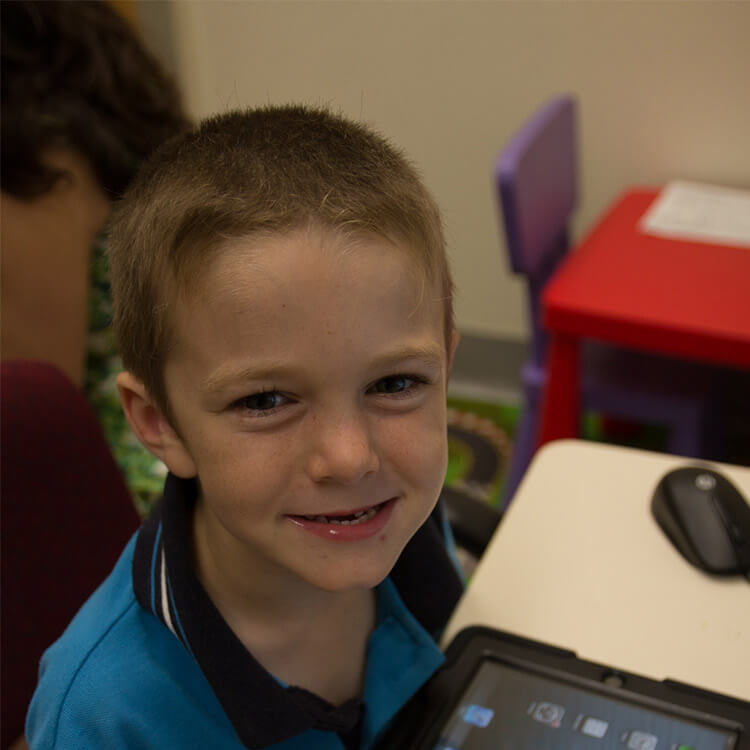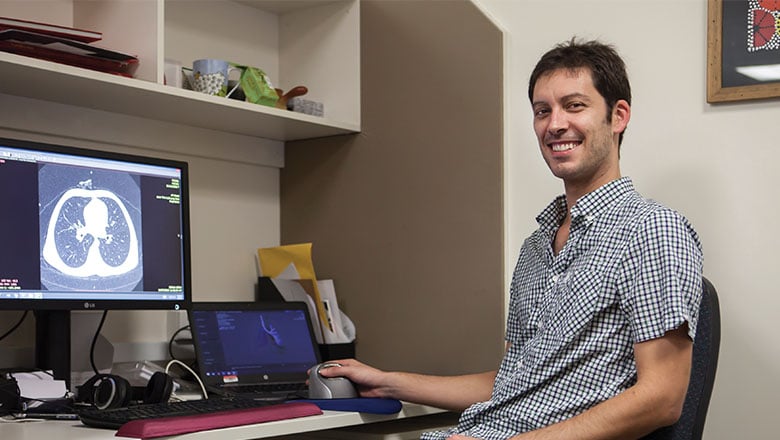Search
Showing results for "clinical trials"
Research
Topical versus systemic antibiotics for chronic suppurative otitis mediaTo assess the relative effectiveness of topical versus systemic antibiotics for people with chronic suppurative otitis media

Engaging the community in COVID-19 rapid research

What would you discover to help a child? At The Kids, our researchers are committed to Autism research that makes a real difference.
Research
The Promise of Electroencephalography for Advancing Diagnosis and Treatment in Neurodevelopmental DisordersNeurodevelopmental disorders (NDDs), such as autism spectrum disorder (ASD), attention-deficit/hyperactivity disorder, and intellectual disability (ID), commonly emerge during early development and impact functioning across cognitive, social-emotional, communication, and sensorimotor domains.

News & Events
On a quest for kids with cystic fibrosisPRAGMA-CF, a new way of measuring early lung disease in young kids with cystic fibrosis is changing the way we detect and treat CF.
Research
Prevalence of respiratory viruses in community-acquired pneumonia in children: a systematic review and meta-analysisRespiratory viruses are increasingly detected in children with community-acquired pneumonia but prevalence estimates vary substantially. We aimed to systematically review and pool estimates for 22 viruses commonly associated with community-acquired pneumonia.
Research
Sero-epidemiology of SARS-CoV-2V-2 in Western AustraliaChristopher Asha Blyth Bowen MBBS (Hons) DCH FRACP FRCPA PhD BA MBBS DCH FRACP PhD GAICD FAHMS OAM Centre Head, Wesfarmers Centre of Vaccines and
Research
InfluenzaInfluenza (commonly known as the flu) is caused by a highly contagious virus spread mainly through coughing and sneezing. An annual flu vaccination is the most effective way to prevent flu outbreaks.
Research
Characterizing predictors of response to behavioral interventions for children with autism spectrum disorder: A meta-analytic approachA comprehensive understanding of specific factors contributing to variability in responsiveness of children with autism to interventions is paramount for making evidence-based clinical and policy decisions. This meta-analysis examined child and family characteristics, as well as intervention design factors, associated with outcomes of behavioral interventions for children with autism.
Research
The PELICAN (Prematurity's Effect on the Lungs In Children and Adults Network) ERS Clinical Research Collaboration: understanding the impact of preterm birth on lung health throughout lifeAn estimated 15 million babies (∼11%) are born preterm each year (before 37 weeks of gestation), the rates of which are increasing worldwide. Enhanced perinatal care, including antenatal corticosteroids, postnatal surfactant and improved respiratory management, have markedly improved survival outcomes since the 1990s, particularly for babies born very preterm (<32 weeks gestation). However, long-term pulmonary sequelae are frequent in preterm survivors and ongoing clinical management is often required.
